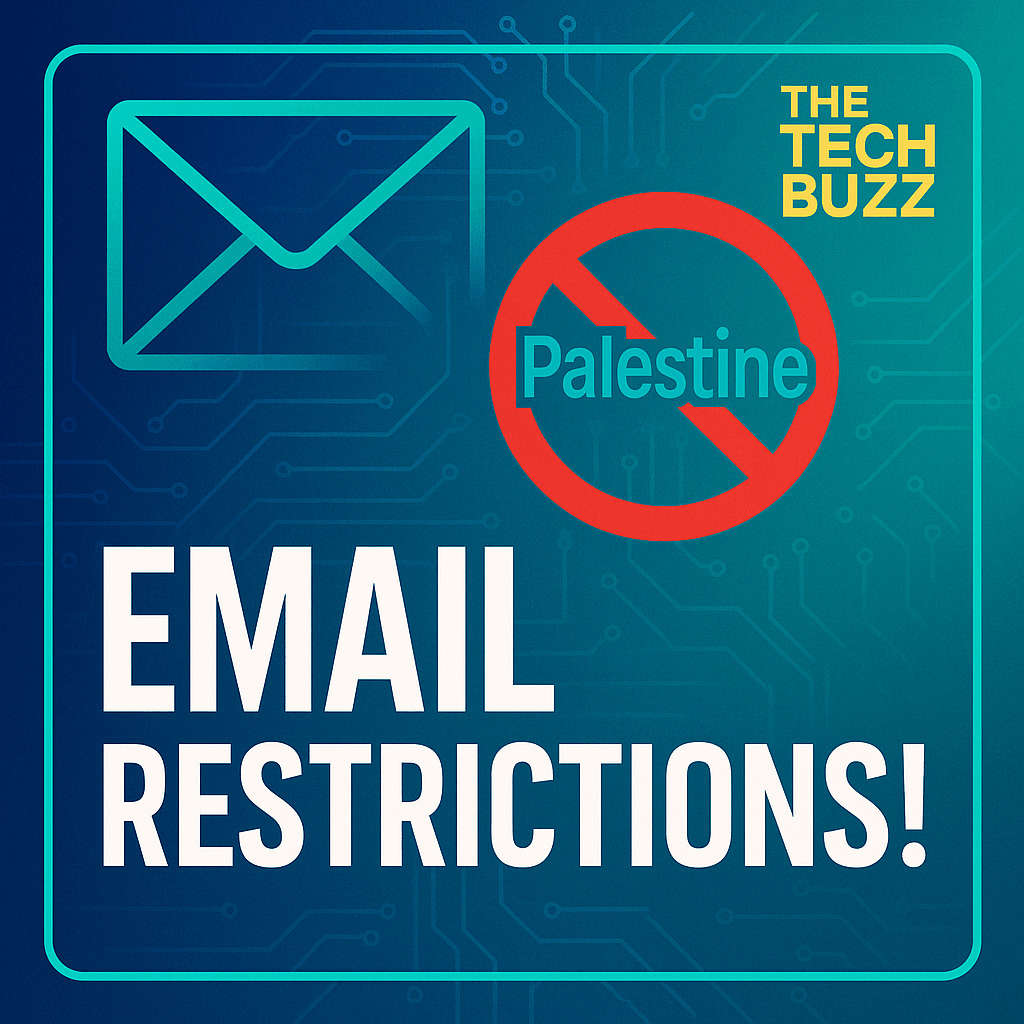In a notable move, Microsoft has introduced restrictions on their employees regarding email communications that involve specific terms like "Palestine," "Gaza," and others associated with the region. This development, which came into force on May 22, 2025, limits Microsoft employees from transmitting communications that include these terms within the global Microsoft email network.
The decision appears to align with Microsoft's internal policy goals aimed at managing sensitive geopolitical discourse within their communication channels. Notably, the embargo targets certain types of email communications, suggesting the policy might function to regulate the contexts in which these terms appear more than outright banning them.
Tech industry observers have noted that this move could be part of a broader effort by major tech companies to moderate content related to sensitive political topics. However, this action by Microsoft has sparked discussions on the implications for freedom of expression within corporate ecosystems and the role of tech companies in controlling discourse.
Analysis of the decision indicates potential mixed reactions. While some industry experts believe such measures are necessary for maintaining a neutral corporate environment, others argue that it could set a concerning precedent for censorship within private corporations.
The discourse around technological companies' role as arbiters of geopolitical narratives continues to evolve. Microsoft's policy reflects a growing trend among tech giants who navigate the delicate balance between facilitating open communication and upholding operational policies.
The broader implications of Microsoft's decision may include heightened scrutiny on how tech companies handle international issues and whether such policies impact their relationships and reputations globally.












